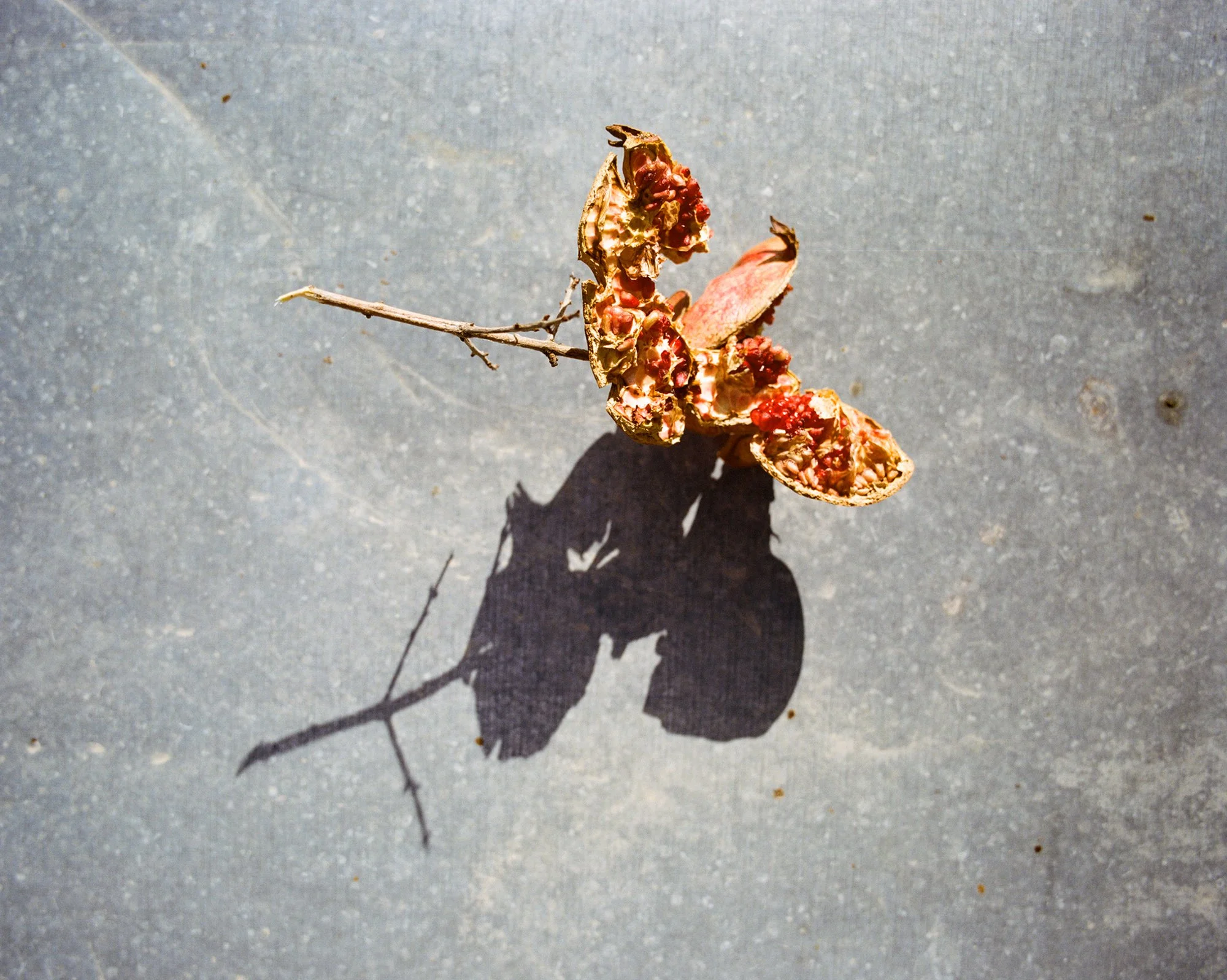
Series 3: Episode One
Lyse Doucet
Lyse Doucet, the BBC’s Chief International Correspondent, discusses her first major book, The Finest Hotel in Kabul. An instant Sunday Times bestseller, she tells the story of the last 50 years of Afghan history through the everyday lives of people working in the hotel Lyse has also called home during four decades of frontline conflict reporting.
Released 3.10.25
The Conversation
If you’re only ever going to listen to a single episode of Gone to Timbuktu, make it this one: Sophy speaking with one of the greatest journalists of our time, Lyse Doucet, about her new book, The Finest Hotel in Kabul. The BBC’s Chief International Correspondent tells the 50-year history of a country though a brilliant literary conceit: the four walls of a luxury hotel in Afghanistan’s beleaguered capital.
We learn of the ‘Intercon’s’ early days, in the 1960s and ‘70s, when there were bikinis by the swimming pool, cocktails with Swizzle sticks, fine dining in the Pamir Club, hairdressers from Paris, and Balmain fashion shows. And then the impact of regime changes, from the Soviet occupation of Afghanistan, to the arrival of the mujahideen storming into the hotel: “They were stuck in the revolving door. A dozen or more had somehow squeezed into its narrow sections, their protruding rifles and rocket launchers pressing against the glass. Hooting and laughing, they attacked the glass, battling against this strange kind of door they had never encountered.”
Lyse talks about attacks by suicide bombers in 2011 and 2018, of the weddings that turn to hell in the banquet hall, of a bride’s “pure-white wedding dress glittering with dreams, still hung on its hanger in her bridal changing room.” In the hotel’s early heyday, the Elvis of Afghanistan, Ahmad Zahir, crooned in the bar. But now? Sophy and Lyse discuss the power of symbols and literary motifs in narrative storytelling, including music. Lynn remembers djinns, Soviet listening devices, and hand-drawn caricatures that arrived with her room service orders.
But what really makes this book so moving is the way the story is told, not through Lyse’s first-person narrative, nor the “ever-so-plain green and brown Room 132” she returned to again and again during nearly 40 years of conflict reporting, but through her role as a conduit for the stories of the hotel’s Afghan staff. She discusses the journalist’s commitment to listen and observe, the ethics of truth-telling, and the perils of the ‘celebrity reporter’s memoir’.
“As a journalist, I'm conscious that what we show in the news is such a small snapshot, and it's meant to tell the story of what is the most important thing happening. In a war, it's the latest attacks. The images are of people running away from danger, people in the hospital wailing, people standing in the rubble of their homes. But of course, life goes on,” says Lyse; “I wanted in some way, to show people what life is like in the spaces in between… they have to get up every day and face the day and find an everyday kind of courage to carry on.”
Books discussed:
Lyse Doucet
— The Finest Hotel in Kabul
Larry Collins and Dominique Lapierre
— Freedom at Midnight
— O Jerusalem!
Ryszard Kapuściński
— The Emperor
Books can be purchased from:

